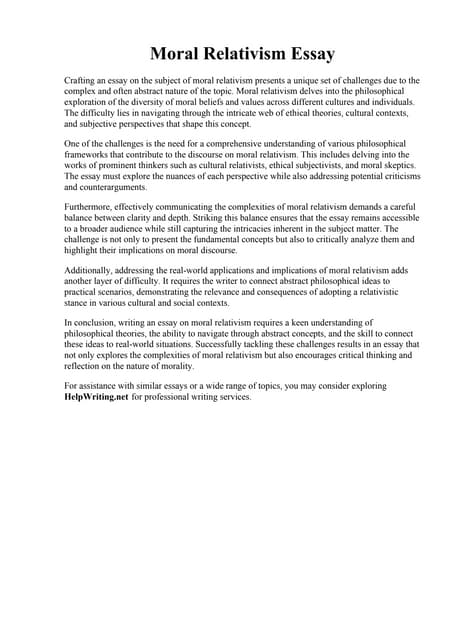For years if you drove along just about any freeway for any length of time you’d most likely see a car with a “Jesus fish” (a named coined by the sitcom Seinfeld as far as I know). These stickers are small, fish-shaped emblems that signify that the driver of the vehicle is a Christian. But atheists have struck back. Since the late 90s, “Darwin fish” have become popular. These are modified Jesus fish that sport four small legs. Not to be outdone, manufacturers of Christian paraphernalia (“holy hardware” as we used to call it as teenagers) came out with Jesus fish with the words “TRUTH” in the body and eating a Darwin fish. And on it goes (incidentally, an author appears to have noticed the same phenomenon and based a book around it).
Now, apparently this battle has gone digital. Programmers, students, and publishers are coming out with religious and atheist software for smartphones that keep important “truths” right at one’s fingertips. Apparently sound logic and rock-solid argumentation is a key driver for many of these apps:
In a dozen new phone applications, whether faith-based or faith-bashing, the prospective debater is given a primer on the basic rules of engagement — how to parry the circular argument, the false dichotomy, the ad hominem attack, the straw man — and then coached on all the likely flashpoints of contention.
A Christian publisher apparently concerned with the way believers are addressing the resurging atheism even claims that these types of apps are a way to “deal with” Christians “who seem dogmatic and insecure about their convictions.” From a purely capitalist perspective, if these things are selling, why not. Philosophically, whipping out a smartphone to pull up a retort to an argument doesn’t strike me as dealing with dogmatism. It strikes me more as a guaranteed way to foster it.







